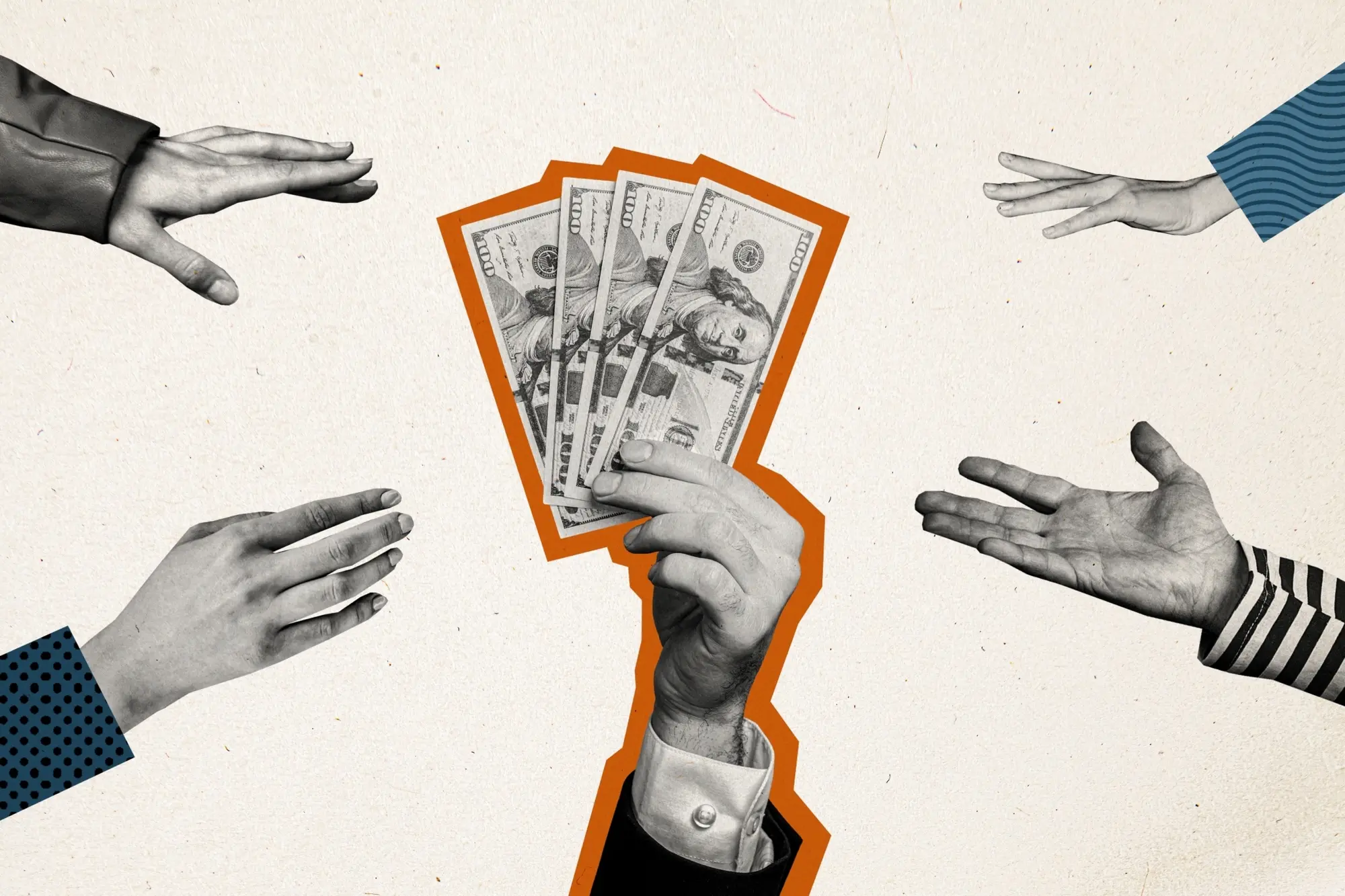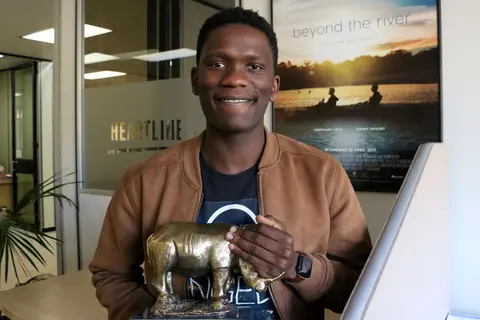How to have fewer hands on your finances
Values & MoneyMoney. It’s never really yours, is it? By the time your salary hits your account, it already has an array of fingerprints on it: debit orders, groceries, transport, children, black tax, and that cousin whose financial emergencies have the consistency of a weekly TV drama.

At home, the children rush to the gate, wiggling with excitement at your return. But the hug is not always enough. Every now and then they want “chips and sweets” money to come along with it, a small tax on your parental existence. On other days, your phone goes off and it’s your sibling, who desperately needs life-or-death money for some crisis that they may (or not) have creatively cooked up. So, you digitally part with a few rands, for the sake of peace, and in case they are crying wolf and the wolf actually shows up to have them for lunch this time around.
But the real question is: How do you take back control of your finances when it feels like they have become a communal fund? How can you have fewer hands on your finances?
Set boundaries without the guilt
Saying no is a skill, and one that many of us have yet to master. The Bible has some great wisdom for us all when it says in Matthew 5:37 “All you need to say is simply ‘Yes’ or ‘No’; anything beyond this comes from the evil one.” I have fallen victim to the evil one far too often. Being broke with hardly spending money on myself surely must be evil.
The truth is, you are not the Reserve Bank. If the taps stay open, your financial well will run dry. Think wisely about how much, how often, and what types of things you are willing to contribute to. And what you are not willing to contribute to.
The best way to soften the blow? Communicate. If your sibling needs money every month, introduce them to budgeting tools or job opportunities instead of just being an ATM. I get it, life is tough, and it’s easy to spend out of compassion, or duty. But it doesn’t help anybody when you are skating on the brink of bankruptcy. Even family needs to learn that "No" is a complete sentence. A behaviour of financial discipline cannot do without clear, articulated boundaries.
Track all your spending (visible or invisible)
Ever noticed how money just vanishes? You withdraw R500 and suddenly, after a few harmless transactions, you have R27.50 left without the faintest idea how it happened. It’s called leakage spending – those little amounts that seem insignificant at the time, but which accumulate into a financial black hole.
I have learned that not every emergency is my emergency. Learning to differentiate between genuine crises and manufactured ones can save your financial health.
One of the best ways to combat this leakage is by tracking every cent. Yes, every cent. There are free budgeting apps that do this, or you can go old-school with a notepad. I have found that some of my leakages are not in the fixed, obvious expenses. A large portion is spent in small increments that accumulate over time. They range from Bra Sipho asking for a simple R2 at the corner, to buying a tasty meal at lunchtime, or the harmless snack while walking down the road. It may not feel like it, but this is how the R500 keeps shrinking. So, keeping track of those minor expenditures helps. Awareness is the first step to control.
Think, before you rush to rescue
Some financial obligations are not as urgent as we make them out to be. Many of us have been guilt-tripped into helping others financially, often out of emotion rather than actual capacity. But I have learned that not every emergency is my emergency. Learning to differentiate between genuine crises and manufactured ones can save your financial health.
A good rule is: if the request is repeated month after month, it’s not an emergency, it’s a lifestyle. I love Bra Sipho, but I cannot fund his lifestyle; a line must be drawn. I may have to investigate my sibling’s sudden ‘emergency’ and set a boundary.
You don’t always have to answer money requests on the spot. Pause. Take a breath. Consider if helping will put you in a worse position. If you are married, talk to your spouse. Often, people make financial decisions in an emotional state, leading to regret. Delaying your response gives you a chance to look at your budget and determine if you can actually afford to help.
Invest in yourself first
Another major mindset shift is realising that taking care of yourself financially is not selfish – it’s necessary. Before you give away money, make sure that you have:
- An emergency fund
- Savings goals
- Retirement plans
If your finances are always stretched thin, you can’t grow. And if you don’t grow, you will forever be stuck in the cycle of financial survival rather than financial freedom.
In the end, the aim is not to be heartless; but to be financially wise. My hand should be the only one reaching into my pocket.
Money is a tool, and if you don’t take charge of it, someone else will. So, the next time hands stretch out towards your wallet, ask yourself: Is this truly necessary? Or am I just playing the role of a financial superhero, sacrificing my own stability for the comfort of others? From here on out I will invest in myself first, then I will be able to better serve others.

Lehlohonolo Ramosolo
Lehlohonolo is a creative and results-driven social media and content specialist who is passionate about social and community-building communication.
Featured





